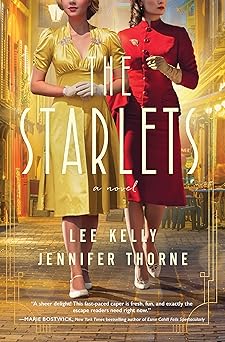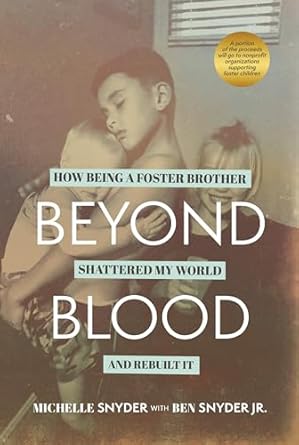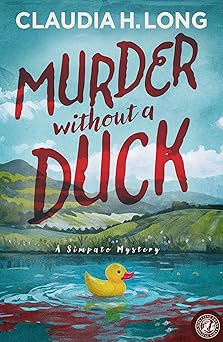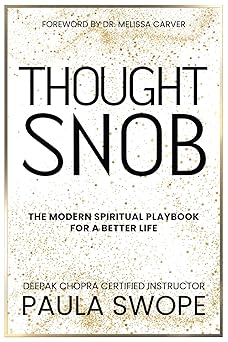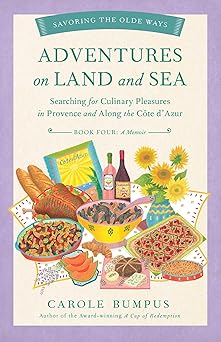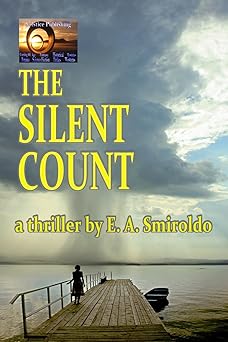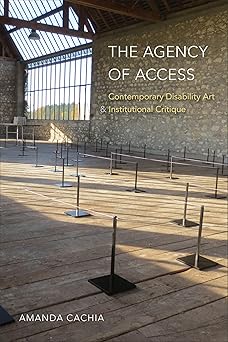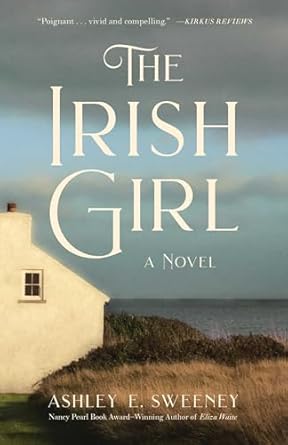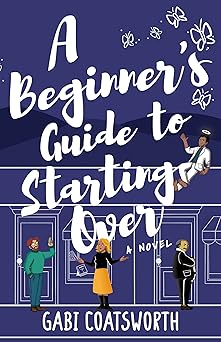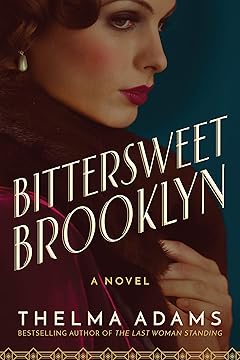From Poem to Love Story

Sheila Myers, London, 18-20 July 2014. Hampton Court Palace
Whenever I think of the protagonist in my historical novel, Ella Durant, I imagine her brother in a fit of rage in 1903, burning all of her letters, family photos, and any memorabilia having her imprint. It had to be, because there is scant primary material about Ella Durant except for a handful of correspondence at the Syracuse University’s library.
Yet Ella’s brother William West Durant has had two biographies written about him, a collection of his letters are held at the Library of Congress, and collections devoted to his Great Camp architecture style are found at the Adirondack Museum and Winterthur Museum.
Ella was the black sheep of the family. She had the audacity to want to be an author at a time when unmarried women were expected to play certain domestic roles: that of companion, chaperone to young ladies, or nurse. Worse still, she sued her brother William for his unscrupulous handling of the family’s financial affairs. That lawsuit, along with other financial misdeeds and the Panic of 1893, left her brother broke in 1903.
After inquiring with the Durant descendants and discovering no one had any material on Ella, I had to go to the one source that would tell me the most: her writing. Ella was an author. She wrote a book of poetry in 1884 published by George Putman and Sons; a play on the life of Dante published by a London house Trench Paul, in 1889, and a romance novel published in 1899 by F.T. Neely.
Thankfully so many libraries are now digitizing collections, because her books are out of print, but I found them online. Her collection of poems: Pine Needles and or Sonnets, proved most revealing. Two themes permeate her writing: remorse and unrequited love. In one telling poem there is a picture of a young woman kneeling in front of an altar. The poem is titled Margaret in Church.
Spy out my secret guilt. O Lord, forgive. ….
Could my heart divine, Sin came with love I deemed pure and blest?
From court testimony in the trial of Ella against her brother, I discovered that in 1881 Ella was chastised and cast out of her household for inviting friends to the Durant family’s Adirondack camp without permission. Granted she was almost thirty at the time but this was 1881, not appropriate behavior for a woman of her standing. Afterwards she ended up at the Episcopal convent of the Sisters of St. Mary in Poughkeepsie, NY. Her family believed she was staying there with other ‘fallen women’. I inquired of the Sisters but could not find a record of her stay there. I was told many society women of the time period came and went. Many conducted service, others were seeking refuge.
I had to figure out why she was banished. I could hardly believe that opening up the summer camp and having a few campfires with friends would constitute brandishing her a fallen woman. Then I read this poem titled: Loss or Gain.
As Eve when yielding to her strong desire, found in the joy forbidden fruit had brought. More than her ardent dreams had ever sought.
And then there was a poem called Friends? A sardonic account about the agony of loving someone but hiding your true feelings under the guise of friendship.
No let us part, we ne’er can be
Mere friends since liking has grown such
It needs but word, or look or touch
To change it to love’s ecstasy
There were other poems in a similar vein with titles: Jealousy, Misunderstandings and No—a sorrowful account of a lover having to turn away her suitor’s proposal for marriage.
 I came to the conclusion that Ella had been deeply in love with someone, a person she had to turn away, and the result was a family scandal that forced her to enter a convent. If her poetry were part memoir I could parse together her story with the snippets of information I gleaned from her letters. I wanted to find her lover.
I came to the conclusion that Ella had been deeply in love with someone, a person she had to turn away, and the result was a family scandal that forced her to enter a convent. If her poetry were part memoir I could parse together her story with the snippets of information I gleaned from her letters. I wanted to find her lover.
I got a break when I read the Durant camp journal from 1878 and found a drawing done by a man named Poultney Bigelow. The sketches include two lovers sailing into the sunset with the word ‘kismet’ written above them. In another, young ladies (in long dress gowns) and men are about to jump into the lake off the dock. I found a few of Poultney’s letters to Ella in her small collection held at Syracuse University. The letters, dated 1934-5 were written when both Ella and Poultney would have been in their 80s. In them Poultney teases Ella about their doomed love affair. He tells her he was a ‘parvenu’, while she was a rich society girl.
My research into Poultney revealed he had been a journalist. This revelation set me on a scouting trip for his collection of letters which are housed at the New York Public Library. After scanning through five boxes and almost giving up I found a small card, wedged between much larger letters. It was from Ella to Poultney dated 1935. She was eighty years old, living in Florida. In the letter she tells him, “I remember a time when I found favor in your eyes and delight in receiving your letters”.
I had my love story.
—
Sheila Myers has been working on a trilogy about the Durant family. Her second book in the series: Castles in the Air, came out May 2016. To connect with Sheila visit her author webpage. http://www.sheilamyers.com/
Category: Contemporary Women Writers, On Writing











